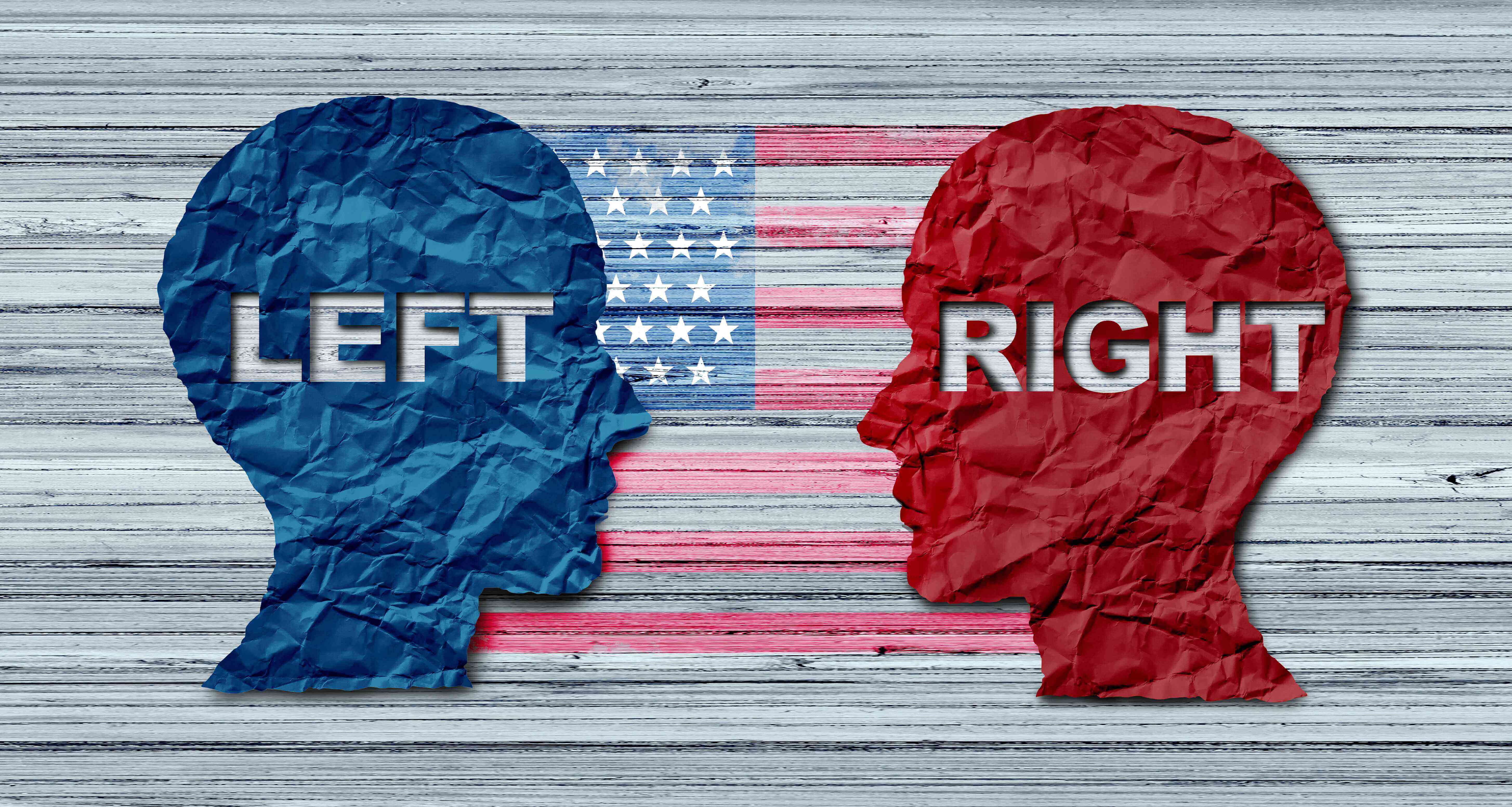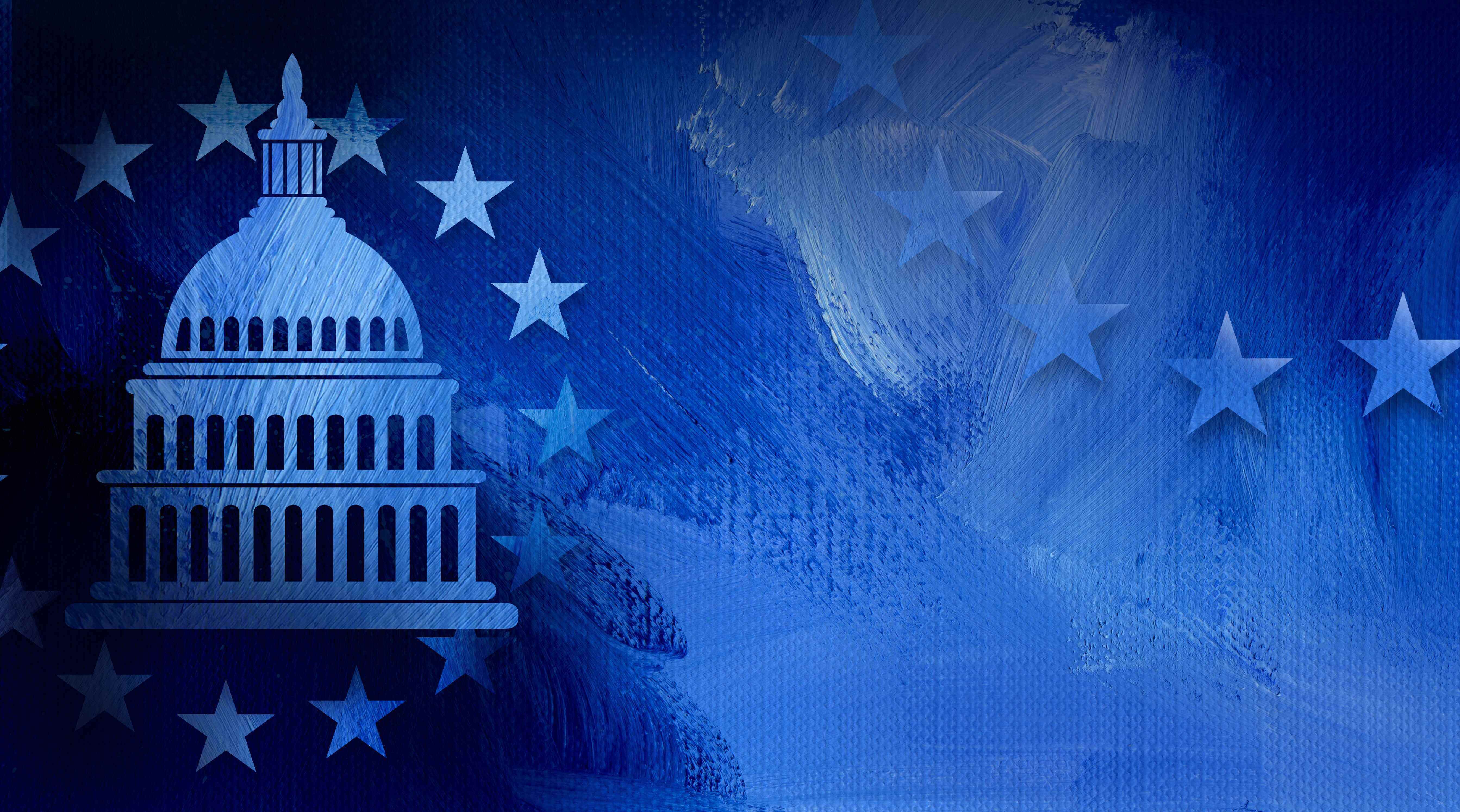Trump, Putin Advisers Trade Barbs Heading Into New Year

The year is ending with a pair of sharp messages between top advisers to Russian leader Vladimir Putin and President-elect Trump.
Trump’s choice for special envoy to Ukraine and Russia, retired Lt. Gen. Keith Kellogg, slammed a Russian missile and drone attack from last week.
“Christmas should be a time of peace, yet Ukraine was brutally attacked on Christmas Day,” Kellogg wrote Wednesday on social platform X. “Launching large-scale missile and drone attacks on the day of the Lord’s birth is wrong. The world is closely watching actions on both sides. The U.S. is more resolved than ever to bring peace to the region.”
Putin said in mid-December he was ready and willing to meet with Trump if he “wants it.” But Russia’s foreign minister, Sergey Lavrov, on Monday rejected proposals floated by Trump’s allies to end the war in Ukraine, marking a major setback for the incoming president’s pledge to freeze the conflict.
“We are not happy, of course, with the proposals made by members of the Trump team to postpone Ukraine’s admission to NATO for 20 years and to station British and European peacekeeping forces in Ukraine,” Lavrov said, responding to leaked reports of Trump’s proposals.
The comments come as tensions between Russia and the West have been inflamed by an Azerbaijan Airlines plane crash last week that killed 38 people. Putin apologized for the crash — apparently caused by Russian air defense systems — but stopped short of admitting any responsibility for it.
Trump has largely avoided laying out any specific terms or demands for a peace deal between Ukraine and Russia, rather promising to leverage his personal relationship with Putin and Ukrainian leader Volodymyr Zelensky to hash out a deal acceptable to both.
While Trump refused to insist on Ukraine’s “victory” during a debate in September, he did suggest an ongoing commitment to the country in an interview with Time magazine earlier this month.
“I want to reach an agreement, and the only way you’re going to reach an agreement is not to abandon,” he said.
Kellogg has proposed pushing Ukraine to the table by threatening to cut off aid and getting Putin to negotiate with the threat of surging weapons.
Future NATO membership is among the major sticking points to any negotiations. Some proposals from Trump’s advisers reportedly include abandoning Ukraine’s ambitions of joining NATO.
Zelensky, however, has made NATO membership a key part of his victory plan, and Ukrainian officials have pushed for security guarantees that are unlikely to happen outside of NATO.
Lavrov said Russia “would refuse to accept Ukraine’s NATO membership regardless of the territorial factor.”
Putin spoke briefly about his upcoming relationship with Trump during his annual press conference on state-sponsored television last week, saying he was ready and willing to meet anytime.
“What can I offer to the President-elect Trump when we meet? First of all, I don’t know when we will meet because he doesn’t say anything about it,” Putin said Thursday.
“I haven’t spoken to him for more than four years, and I am ready for it, of course, at any time,” he added. “I will be ready for a meeting if he wants it.”
Putin’s comments contradict reporting from Bob Woodward that Trump and Putin spoke on numerous occasions after the president-elect exited the White House after his first term.
Putin added last week that he and Trump would have “a lot to talk about,” arguing that Russia had become stronger after three years of a costly war in Ukraine.
“Why? Because we are becoming a truly sovereign country,” he said. “We are no longer dependent on anyone.”
Although Trump’s imminent return as commander in chief has raised fear in Ukraine of a U.S. push for ceasefire talks that require territorial or other painful concessions, Zelensky has remained optimistic in public remarks.
“It was a productive conversation, a good conversation,” he said of his phone call with Trump on the day after his November election victory.
“Of course, we cannot yet know what his actions will be. But we do hope that America will become stronger. This is the kind of America that Europe needs. And a strong Europe is what America needs, to my mind,” he continued.
“This is the connection between allies that must be valued and cannot be lost.”


